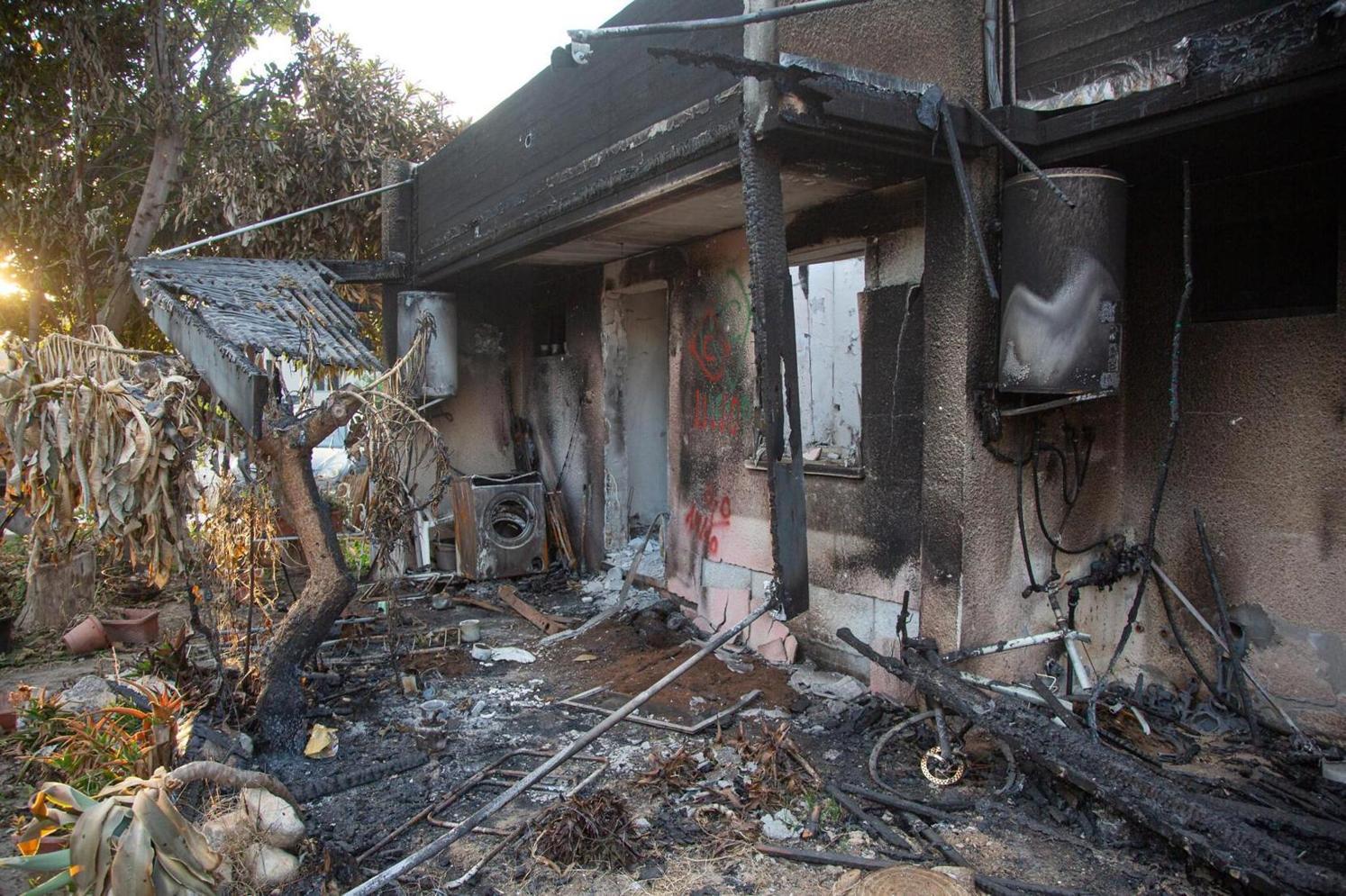Africa-Press – Mauritius. With the government set Sunday to approve a framework for a five-year strategic plan to rehabilitate and develop the damaged Gaza border area, the environmental advocacy organization Adam Teva V’Din has presented proposals to turn the area into a national beacon for sustainable development.
In a paper shared with government officials, it calls for strengthening the economy of the region
renamed Hevel Tekuma, English for “revival zone” — by providing for sustainable agriculture with the produce to be marketed heavily in Israel; the integration of strict green building codes to ensure new construction is adapted for climate change in the desert environment; and a locally based, circular waste system in which one person’s waste is another’s resource and where waste that cannot be recycled is used to provide energy for the area.
The region was heavily damaged after Hamas terrorists invaded Israel on October 7, murdering some 1,200 people, mostly civilians, in barbaric circumstances, torching homes, vehicles, and other property, and kidnapping some 240 people to the Hamas-controlled enclave.
Environmental harm has since been compounded by the presence and movement of heavy Israeli army vehicles and equipment. The vast majority of Gaza border residents have been evacuated and are living in temporary accommodation such as hotels.
The area, within seven kilometers (4.3 miles) of the Gaza border, previously called Otef Aza or the Gaza envelope, comprises the city of Sderot and the regional councils of Eshkol, Hof Ashkelon, Sdot Negev, and Shaar Hanegev.
These provide services to dozens of mainly rural communities. The area, within seven kilometers (4.3 miles) of the Gaza border, previously called Otef Aza or the Gaza envelope, comprises the city of Sderot and the regional councils of Eshkol, Hof Ashkelon, Sdot Negev, and Shaar Hanegev. These provide services to dozens of mainly rural communities.
On agriculture, Adam Teva V’Din proposes giving special status to Gaza border area farming by ensuring that produce forms part of government procurement plans (worth tens of millions of shekels) and labeling it to encourage Israelis to buy it — a move that could increase sales by tens of percent, it says.
The group argues that local produce is fresher and, when produced without harmful chemicals, healthier. Recent studies show that it can also cut costs by a tenth.
Furthermore, sustainably farmed export produce sells for more overseas. The war against Hamas has exposed the vulnerability of Israel’s dependence on natural gas — a fossil fuel.
The Tamar gas platform was closed during the early days of hostilities due to fear of attack, and the government has approved the import of more diesel and coal and even allowed the state oil company — the Europe Asia Pipeline Company — to offload more oil from tankers at its Red Sea port in Eilat, in the south, so long as it is for Israel’s use.
Adam Teva V’Din says the region, once rebuilt, should be equipped with solar energy and storage. This would make it harder for an enemy to bring the country to an energy standstill by destroying a few large installations.
It would also reduce the need to build expensive and polluting power plants, lower electricity costs for industry and households, and cut air pollution and greenhouse gas emissions.
For More News And Analysis About Mauritius Follow Africa-Press







